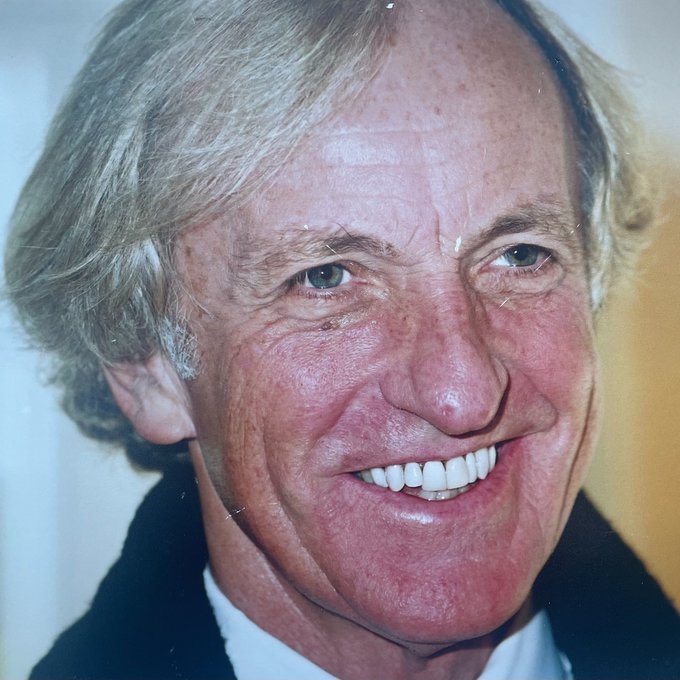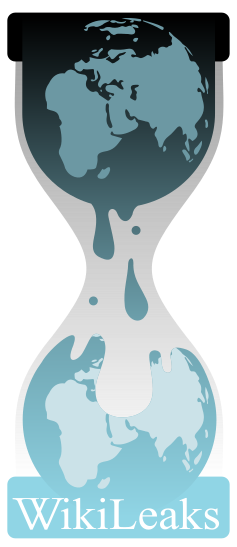
– The Conversation’s obituary
– Biography and awards
So 2023 closed with the death of John Pilger, a journalist, author and documentary film-maker with whom I must confess I once had something of a roller-coaster ride. In most of his reports he was so thoroughly researched and unassailable as a reporter, but just before the close of the last century I recall feeling some dismay as I read an article by him accusing the Australian government of deceitfully volunteering our army (via the United Nations) the task of suppressing the pro-Indonesian militias in East Timor (Timor Leste) to enable their independence from Indonesia — for capitalist oil-grabbing reasons.
Everyone I knew in Australia was thrilled with the decision of the Australian government to send Australian troops in order to put down the terrorist activities of militants who opposed the popular East Timorese vote to assert their independence from Indonesia. We (the “lefties”) loathed the government led by John Howard and the Liberal-National party coalition but we all, as far as I knew, did think he deserved credit for two things:
(1) withdrawing guns from the hands of the general public in the wake of the Port Arthur massacre
and
(2) sending the Australian army to put a stop to the militia terrorist activity in East Timor.
Surely, I and others in my circle thought, when John Pilger faulted the Australian government’s decision re (2) he was merely on auto-pilot and routinely finding sinister motives simply because that was what a “leftie” was supposed to do. No, we wanted to believe, the Australian government was swept up into action as a result of the public demonstrations demanding such an intervention. (Australia has a special historical memory of close “blood loyalty” with the Timorese dating back to the Second World War; and in 1975 Australian journalists had been murdered by Indonesian forces for reporting on their secret attacks on the East Timorese.)
How wrong I was! I should have paused and checked with John Pilger the evidence on which he made such a negative assessment — that the Australian intervention in Timor Leste was motivated by a capitalist desire for the oil resources that were expected to come to Australia as a result of such an involvement.
Everything John Pilger saw and wrote about at the time turned out to be true. The same Australian government that sent troops to pacify and secure Timor Leste’s “peaceful” independence from Indonesia followed up by spying on the newly independent Timor Leste leaders so they could roll them over and take ownership the lion’s share of the off-shore oil.
Today I really wish I could feel the same doubts about his documentation of our slow march towards a major war as glibly as I once dismissed his claim that Australia’s 1999 intervention in an oil rich area did not share the high principled motive that most Australians at the time wanted to believe about ourselves.
As a little momento — my personal collection of JP books:


